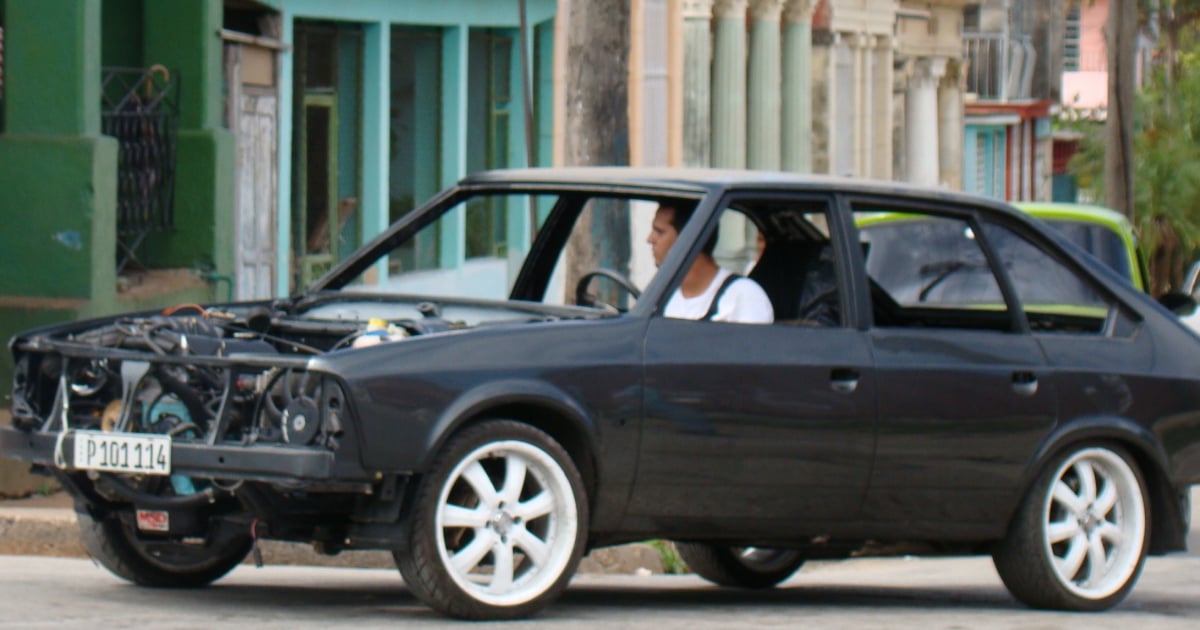The Cuban government has introduced a series of reforms aimed at modernizing the vehicle fleet and easing transportation access through changes in the importation, sale, and transfer of vehicles. These reforms, published in Official Gazette No. 128 of 2024, are set to become effective on January 1, 2025. The new regulations aim to update a framework that has remained inflexible for decades, with the stated goal of improving transportation management and broadening access to vehicles. However, while these measures appear significant on paper, they seem insufficient to tackle the deep-seated roots of Cuba's transportation crisis, marked by years of state inefficiency, unaffordable prices, and excessive restrictions.
Key Measures Announced in the Official Gazette
Ownership Transfer Flexibility: The transfer of vehicles is now permitted between individuals and legal entities, including religious organizations and private companies. However, sales from state entities to individuals will require approval from the Council of Ministers.
New Tariff Rates: Electric and fuel-efficient vehicles will benefit from preferential tariffs of 10%, while internal combustion vehicles will face rates as high as 30% based on their category and segment.
Commercial Margin Reduction: The commercial margins for state importers and sellers are capped at 20% to help lower final prices.
Incentives for Electric Vehicles: The importation of electric vehicles and their charging infrastructure is prioritized, with reduced taxes and logistical support for acquisition.
Periodic Import Restrictions: Individuals will be allowed to import only one vehicle every five years, with additional restrictions on luxury vehicles.
Used Cars from Tourism Sector: Vehicles that have completed their tourist rental cycle will be available in national currency, priced in correlation with the secondary market.
Additional Details on the Regulation
Progressive Special Taxes: Luxury vehicles will be subject to taxes of up to 200%, and utility vehicles up to 100%, depending on the range.
Prioritized Models: A preliminary list of approved brands and models is included, favoring low-consumption electric cars.
Funds for Public Transportation Development: Revenue from these taxes is earmarked for maintaining and enhancing public transportation infrastructure.
Despite these measures, the final prices remain exorbitantly high for the average Cuban citizen. The starting price for a car is 15,900 USD, an astronomical figure considering the average monthly salary in Cuba barely exceeds 3,000 Cuban pesos (roughly 125 USD). Commercial margins and special taxes continue to inflate costs, maintaining inaccessibility for most of the population.
The evolution of regulations on vehicle importation and sales in Cuba has sparked significant expectations among citizens. In September 2024, the Cuban government announced a substantial reduction in the prices of imported vehicles. According to authorities, a car previously costing between 55,000 and 60,000 USD would now have a starting price of approximately 15,900 USD. This change aims to alleviate inflated costs resulting from commercial margins that reached up to 500% and high special taxes.
Furthermore, authorization for the buying and selling of vehicles between individuals and legal entities, including small businesses, religious organizations, and foreign offices, has been approved. These measures are accompanied by adjustments in the taxes and margins applied to transactions, though state entities still require Council of Ministers approval for transfers to individuals. Additionally, the implementation of these provisions has faced delays due to regulatory adjustments, leading to uncertainty about their short-term effectiveness and implementation.
Understanding Cuba's New Vehicle Import and Sales Law
What are the new tariff rates for vehicles in Cuba?
Electric and fuel-efficient vehicles have preferential tariffs of 10%, while internal combustion vehicles face rates up to 30% based on their category and segment.
How often can individuals import vehicles under the new law?
Individuals are allowed to import one vehicle every five years, with additional restrictions on luxury vehicles.
What incentives are there for electric vehicles?
The law prioritizes electric vehicle imports with reduced taxes and logistical support, along with a focus on charging infrastructure.
